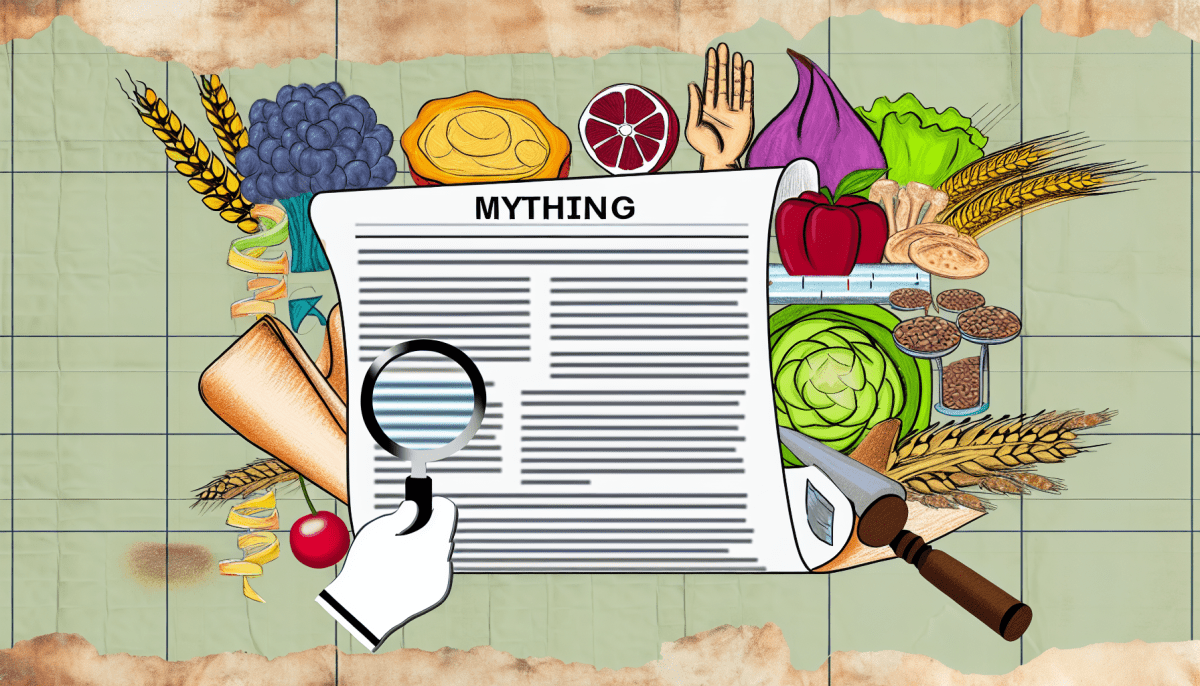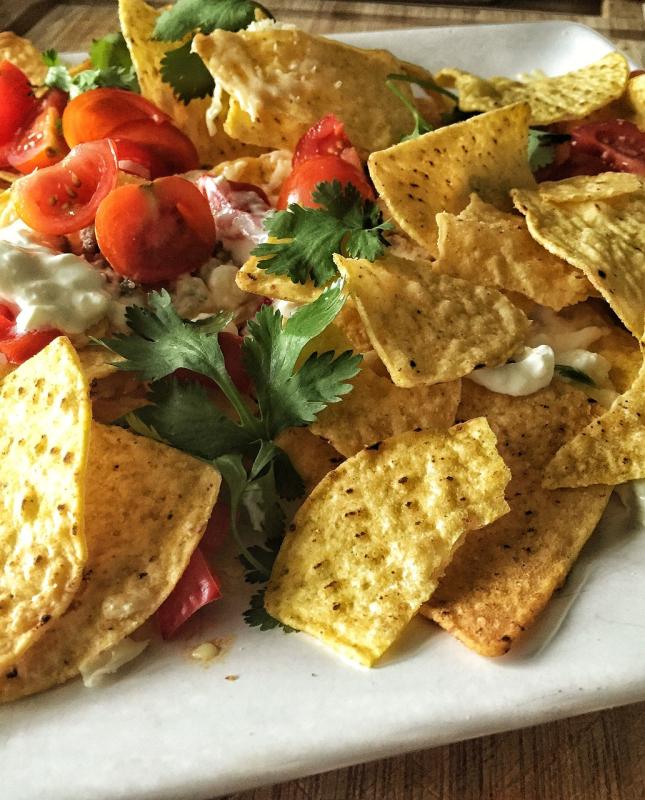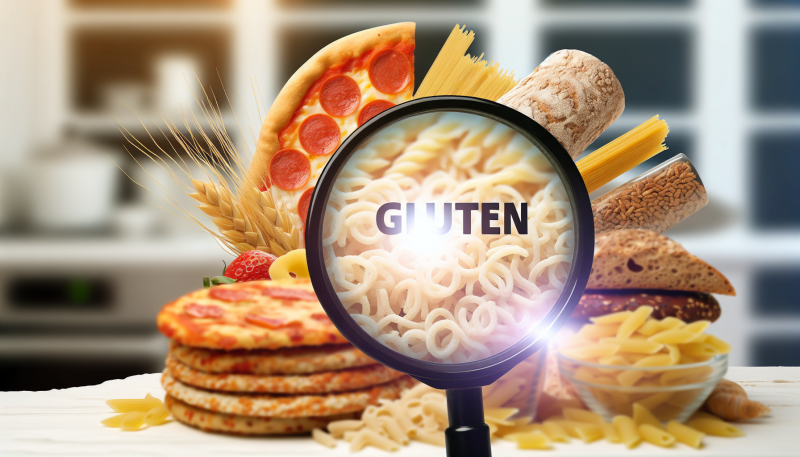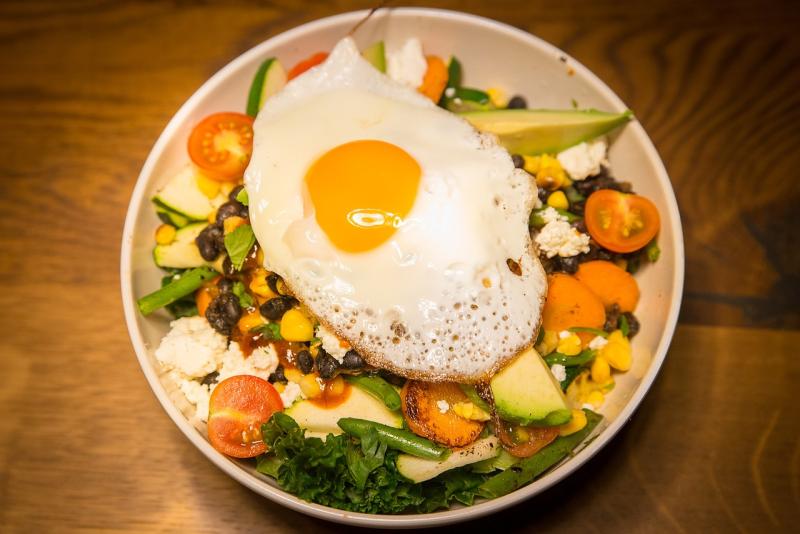Gluten is a protein found in wheat, barley, and rye. It acts like a glue, giving bread its chewy texture and helping it rise. While many people enjoy gluten-containing foods without any issues, some individuals have sensitivities or serious health conditions related to gluten consumption.
For those with celiac disease, consuming gluten can lead to severe health problems. This autoimmune disorder causes the immune system to attack the small intestine when gluten is ingested, leading to a range of unpleasant symptoms, such as bloating, diarrhea, and fatigue. On the other hand, some people may have non-celiac gluten sensitivity, which can cause discomfort without the damage to the intestines seen in celiac disease.
It's also essential to distinguish between myths and facts about gluten. Many believe that gluten is inherently unhealthy or that gluten-free diets are a guaranteed way to lose weight. In reality, a gluten-free diet is necessary only for those with gluten intolerance or allergies. For others, gluten can safely be part of a balanced diet, and simply removing gluten does not automatically make a diet healthy.
Adopting a gluten-free lifestyle can be a challenge, as gluten is present in many processed foods. However, with an increasing awareness about gluten sensitivities, there are now more options available in grocery stores and restaurants for those who need to avoid gluten. Reading labels and choosing whole, unprocessed foods can help anyone navigate this dietary change with confidence.
Common Myths About Gluten-Free Diets
When it comes to gluten-free diets, there are many misconceptions floating around. One common myth is that gluten-free foods are always healthier than their gluten-containing counterparts. While some gluten-free products are indeed nutritious, others are just as processed and high in sugar or fat as regular foods. It's important to read labels and choose whole, unprocessed options whenever possible, regardless of gluten content.
Another myth is that gluten-free diets are necessary for everyone. In reality, only individuals with celiac disease, gluten sensitivity, or wheat allergies need to avoid gluten for health reasons. For the average person, cutting out gluten doesn't provide any added benefits and can even lead to nutritional deficiencies if not managed properly. It's essential to consult with a healthcare professional before making any drastic dietary changes.
Many believe that going gluten-free will lead to quick weight loss. While some people may initially lose weight by cutting out gluten, this isn't a guaranteed or sustainable outcome. Weight loss ultimately depends on overall dietary habits and lifestyle choices, not just the exclusion of gluten. In fact, some gluten-free foods are higher in calories or unhealthy ingredients, which can lead to weight gain instead.
Lastly, there's a notion that gluten-free packaged foods are universally safe for those with gluten intolerance. Unfortunately, cross-contamination can occur during the manufacturing process, which means that some products labeled as gluten-free may still contain trace amounts of gluten. It's crucial for those with severe gluten intolerance to choose products specifically certified as gluten-free to ensure their safety.
Real Benefits of Going Gluten-Free
Many people associate a gluten-free lifestyle purely with dietary restrictions, but there are real benefits that can positively impact your health and well-being. For those who have celiac disease or non-celiac gluten sensitivity, avoiding gluten is essential to feel good and stay healthy. However, even individuals without these conditions may experience improvements in their overall health by adopting a gluten-free diet.
One of the most immediate benefits of going gluten-free is often an increase in energy levels. Many people report feeling less sluggish and more alert after cutting out gluten. This is likely due to a reduction in inflammation, which can occur in sensitive individuals when gluten is consumed. As a result, you may find yourself having more energy throughout the day, making it easier to stay active and engaged in daily activities.
Additionally, going gluten-free can encourage healthier eating habits. When individuals decide to eliminate gluten from their diet, they often shift their focus towards whole, unprocessed foods like fruits, vegetables, lean proteins, and gluten-free grains such as quinoa and rice. This dietary change can lead to improved nutrition and weight management, as these foods are typically lower in empty calories and higher in essential nutrients.
Finally, many people experience improved digestion when they cut out gluten. Issues like bloating, gas, and irregular bowel movements can be alleviated by avoiding gluten, leading to a more comfortable gastrointestinal experience. Even those without gluten sensitivity might notice that their gut feels healthier and more balanced when they focus on gluten-free options.
Tips for Successful Gluten-Free Living
Embracing a gluten-free lifestyle can be both rewarding and challenging. To help navigate this journey, consider these practical tips that make living gluten-free easier and more enjoyable. First and foremost, always read labels carefully. Gluten can hide in many foods under different names, so familiarize yourself with commonly used terms like barley, rye, and certain thickening agents. Products labeled “gluten-free” can be a safe bet, but it’s always smart to double-check.
Secondly, focus on whole, unprocessed foods. Incorporating fruits, vegetables, lean proteins, and gluten-free grains like quinoa or rice can provide a nutritious and fulfilling diet. Not only will this reduce your chances of consuming hidden gluten, but it will also help maintain balanced nutrition. Stock your pantry with gluten-free staples to ensure you always have meal options on hand.
Plan your meals ahead of time. This not only saves time but also reduces the risk of accidentally opting for a gluten-containing food out of convenience. Creating a weekly menu helps you stay organized and empowers you to try new gluten-free recipes. There are countless resources online with delicious ideas that can enhance your culinary repertoire.
Finally, don’t hesitate to seek support. Find local or online gluten-free communities where you can share experiences, recipes, and tips. Connecting with others on the same journey can provide valuable insights and encouragement. Remember, living gluten-free doesn’t mean sacrificing flavor or enjoyment in food—it’s all about being informed and making the right choices!



